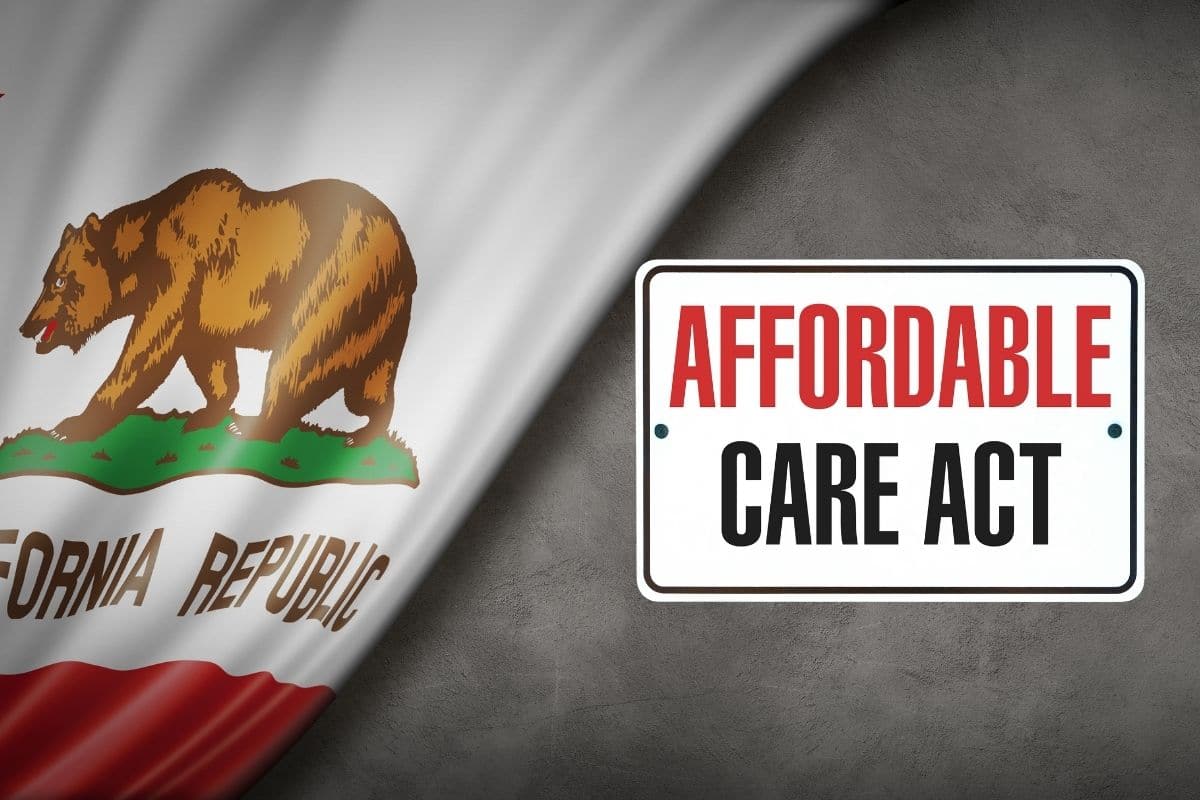Are you considering investing in group health insurance for your small business in California? If so, you likely have many questions you want to ask before committing yourself to one policy.
As a small business owner, you have a lot on your plate. Adding on the additional stress of navigating the intricate world of group health insurance can be a daunting task. By asking the right questions and seeking help and guidance from experienced professionals, you can decide on plans that safeguard the well-being of your workforce while ensuring compliance and cost-effectiveness.
At Preferred Insurance, our mission is to educate California small business owners on the ins and outs of group health insurance. Here are seven questions you need to answer before committing yourself and your employees to a plan.
Questions to Ask Before Committing to Group Health Insurance for Your Small Business
Offering group health insurance to your employees is more than just a fringe benefit; it is a powerful aid to attract and retain top talent, fostering employee loyalty, and promoting a productive and engaged workforce. In today’s competitive job market, comprehensive health coverage can be a game-changer, setting your business apart from competitors and positioning you as an employer of choice.
How Does Group Health Insurance Work in California?
California small business owners choose group health insurance plans for their employees and dependents from a list of insurers that includes Blue Shield of California, CIGNA, Kaiser Permanente, and many others.
Your business can offer coverage for full-time employees only or include part-time staff. The business pays the full cost to the insurer and recovers some expenses by deducting premiums from enrolled employees’ paychecks.

What Factors Determine What You Will Pay for Group Health Insurance for Your Small Business?
Several key factors influence the cost of group health insurance premiums in California. These include:
Industry Type: Businesses with higher risk profiles, such as construction or manufacturing, can expect higher premium rates due to the increased likelihood of injuries or illnesses.
Claim History: If your business has a history of frequent claims or high-cost medical events, insurers may adjust premiums accordingly to mitigate their risk.
Employee Demographics: Your employees’ age, gender, and overall health status can impact premium rates as insurers factor in the anticipated healthcare utilization and associated costs.
Plan Design: The specific benefits, deductibles, copays, and out-of-pocket maximums included in your chosen plan will directly affect the premium costs.
Geographic Location: Insurance rates can vary significantly based on the region or county of your business, reflecting differences in healthcare costs and provider networks.
Understanding what drives health insurance costs will help you make informed decisions when selecting a plan and budgeting for healthcare expenses.
Does Your Business Have to Offer Health Insurance?
The question of whether or not a California business must provide health insurance became a hot topic for owners and HR departments state-wide after the introduction of Affordable Care Act (ACA), or Obamacare. Here are the essential criteria you need to know:
California small businesses with fewer than 50 full-time or full-time equivalent (FTE) employees aren’t legally required to offer health insurance. Under the ACA, an FTE works 30+ hours weekly or 130+ hours monthly, including paid leave.
Even with fewer than 50 full-time staff, you may need to provide coverage if you have 50+ FTE employees. The IRS offers guidance on determining FTE status and employee count.
However, there are significant advantages to California employers offering group health insurance for your small business, even when not legally required.
Learn More: How the ACA and Group Health Insurance Affect Small Businesses in California

What Financial Benefits Are Available to Small Businesses Who Offer Group Health Insurance to Employees?
The ACA created a program called the Small Business Health Options Program or SHOP) to provide additional financial benefits for offering your California employees options for group health insurance plans.
For instance, small businesses in California enrolled in a SHOP plan can claim the Small Business Health Care Tax Credit, which can amount to up to 50% of the premium expenses they incur.
Additionally, small business owners can deduct 100% of all health insurance-related expenses as business expenses from the company’s federal and state taxes.
These tax credits and deductions make providing group health insurance for your small business a financially sound decision.
Related: Small Business FAQ: How Do I Budget for Health Insurance in California?
Are There Reporting Requirements to Receive The Financial Benefits of SHOP Group Health Insurance?
No small business owner with employees in California will be surprised to learn that there are strict requirements and red tape to comply with in order to receive the financial benefits of offering health insurance to workers.
Some of these requirements are:
- The primary address for the business must be in California.
- At least one employee who enrolls in the group plan is not an owner or partner in the business, or their spouse.
- Employs 1 to 50 full-time equivalent (FTE) employees.
- The business must offer SHOP coverage to all full-time employees.

Where Can You Get Help With Group Health Insurance for Your Small Business in California?
We live in an increasingly busy world. For many small business owners, finding the time to accomplish even half of their daily to-do list is difficult, and learning everything there is to know about group health insurance often gets pushed out until it becomes a critical task.
Preferred Insurance of California is dedicated to helping you remove group health insurance for your small business from your to-do list. How can we help?
First, we live and breathe health insurance. You are the expert in your field, and we are the experts in ours. Partnering with Preferred Insurance takes the stress out of learning complicated and confusing terminology. We already know it and will explain it to you in clear, understandable terms.
Second, partnering with Preferred Insurance is a full-service solution. Your insurance needs are taken care of from the moment you meet with us for your complimentary consultation. We will get to know you, your business, and your employees and find you a plan that meets everyone’s budgetary and quality-of-care requirements. From enrolling your business to fielding questions about coverage from your employees and ensuring your plan continues to meet your needs, we will be here year after year to give you the support you need.
Third, you benefit from our knowledge and expertise in California group health insurance completely free of charge. That is right. The insurance companies pay our brokerage fees, not you.
Do You Have More Questions About Group Health Insurance For Your Small Business? Preferred Insurance of California Has Answers
At Preferred Insurance, our independent group health insurance brokers are standing by to answer all your questions about offering group health insurance for your small business employees.
Getting started is easy. Contact us to schedule your free small business consultation today.
